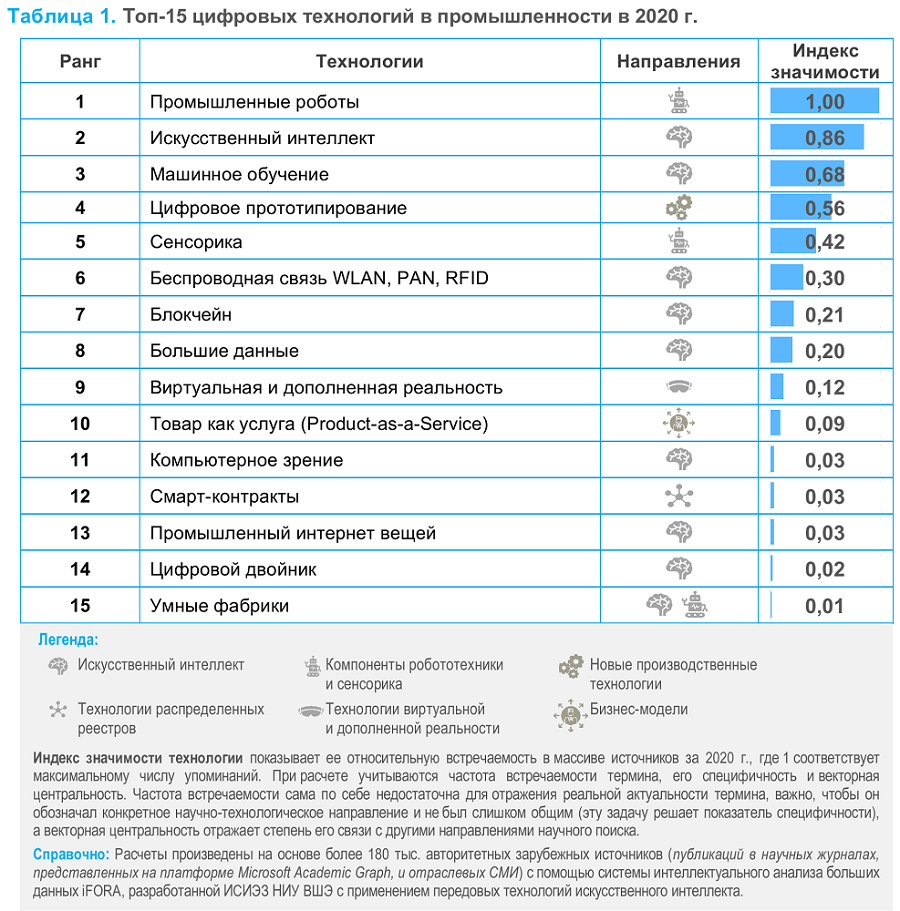The Institute for Statistical Studies and Economics of Knowledge of the National Research University - Higher School of Economics has released a statistical collection that continues the series "Indicators of the Digital Economy". This series is published annually by the Higher School of Economics in partnership with the Ministry of Digital Development, Communications and Mass Media of the Russian Federation and the Federal State Statistics Service.
Key insights from the statistical abstract prepared by Higher School of Economics:
- The jobs of over 8 million people or 12% of the total number of working Russians are related to the intensive use of ICT. Most of them are working in the “Information and communication”, “Financial and insurance activities” and “Professional, scientific and technical activities” industries.
- In 2019, the fixed broadband traffic amounted to 45.8 exabytes, mobile traffic - three times less. A third of Russian subscribers (33.7%) in 2019 had access to high-speed Internet - 100 Mbps - 1 Gbps, almost a half of subscribers (45.2%) had 10-100 Mbps speed, and one fifth of all subscribers had Internet speed of less than 10 Mbps.
- Russians are not inferior to the residents of the United States in terms of the demand for the Internet (83 and 82%, respectively), Poland (80%), Italy (78%), but they are far from the leaders - Ireland and the Scandinavian countries (97–99%). Russians most often use the Internet for communication (the indicator is close to the European average), and much less - for searching for jobs and content.
- Internet users named spam e-mail as the main threat to information security: in 2019, 22.3% of users experienced it. Three times less users experienced virus attacks in the same period (7.5%; for comparison: in 2015 - 17.1%). There are eight times less users of anti-spam filters than those who have installed anti-virus tools.
- Most in-demand technologies in the economic and social sectors will be wireless communication technologies, neurotechnologies, artificial intelligence and distributed ledger systems.
Added:08.21.2020
Latest update:12.16.2020
Similar analytics:
 ICT.Moscow
ICT.MoscowOverview of Global 5G Use Cases in 2021
ICT.Moscow published an annual overview of monitoring the use of fifth generation communications in the world.Read more IT Department of Moscow Government
IT Department of Moscow GovernmentVideo surveillance and video analytics. An overview of international practices
Practices of using video surveillance and video analytics systems in cities and countries of Asia and the Midd...Read more Phystech Ventures
Phystech VenturesDeepTech Outlook 2021
Top 10 sectors for investment in deeptech.Read more HSE (Higher School of Economics)
HSE (Higher School of Economics)Top 15 digital technologies in manufacturing industry
A research of the most important digital technologies in manufacturing industry.Read more
Similar news:
Subscribe to get updates
By clicking the button you agree to Privacy Policy
Add your research
Supported by the Moscow Government
Content and Editorial:tech@ict.moscow
